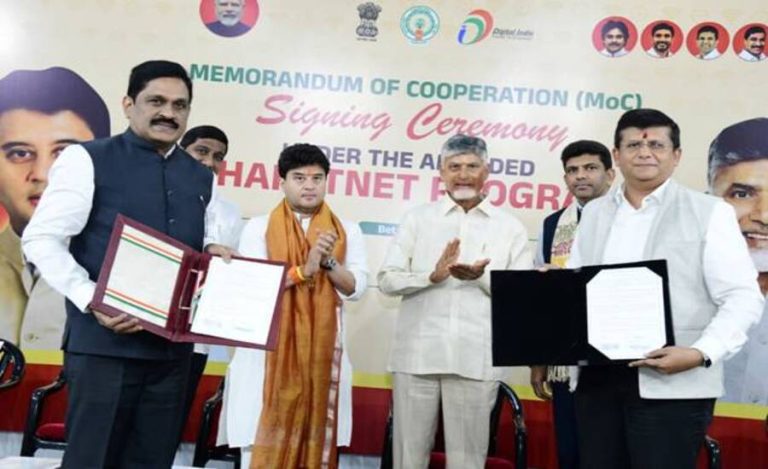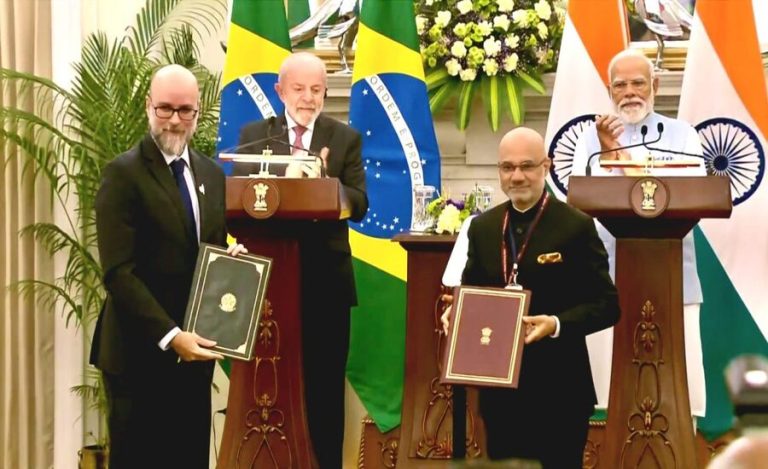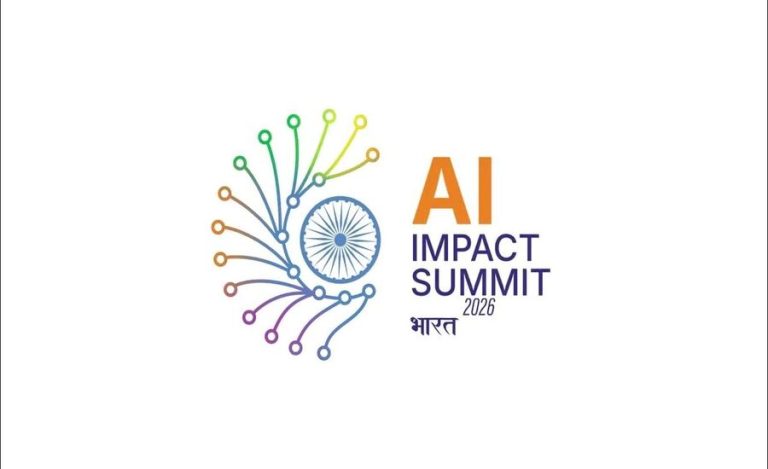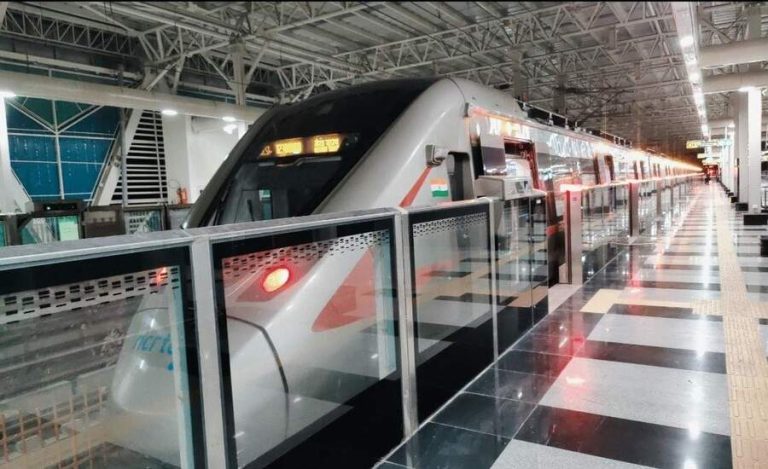New Delhi: In a clear wake-up call for India’s auto and environment policy, the Supreme Court of India told the government to consider gradually banning high-end petrol and diesel cars, underscoring a push for cleaner transport and wider adoption of electric vehicles (EVs). The bench, led by Justices Surya Kant and Joymalya Bagchi, emphasised that starting with luxury internal-combustion‐engine (ICE) cars would minimise impact on ordinary citizens while sending a strong signal for green mobility.
Background of Phase Ban on Luxury Traditional Vehicles
The matter arises from a Public Interest Litigation (PIL) filed by Centre for Public Interest Litigation (CPIL) represented by advocate Prashant Bhushan, seeking effective rollout of the country’s EV policies including the National Electric Mobility Mission Plan (NEMMP, 2012) and the Zero Emission Vehicles Framework (NITI Aayog, 2018) for accelerating electric-mobility adoption.
Read Also: EV Sound Alert System Mandatory from 2027: Govt Proposes AVAS for All Electric Vehicles
During the hearing, the bench noted that premium electric cars are now available widely in the market, making a phase-out of luxury ICE vehicles feasible.
About the Court Bench & Officer Comments
Justice Surya Kant: During the hearing, he remarked:
> “Just think of imposing a ban on the very high-end vehicles first of all. So it will not affect the common man, because a very small part of the Indian population can afford that.”
Justice Joymalya Bagchi: Co-bench member who participated in the hearing.
Attorney General (AG) R. Venkataramani: Representing the government, he confirmed that 13 ministries are involved in implementing EV policy, and that the government was “alive to the idea” of the phased ban suggestion.
Importance of the Phase ban on luxury traditional vehicles
Environmental impact: Vehicles powered by petrol and diesel contribute significantly to urban air pollution and greenhouse-gas emissions. Curbing high-end ICE vehicles helps reduce emissions from a smaller but high-emitting segment.
Signal effect: By targeting luxury ICE vehicles first, the judiciary sets a national tone for accelerating the EV transition and signals that fossil-fuel vehicles are on the path out.
Market and industrial push: The move nudges manufacturers, fleets and buyers to shift toward electric mobility more decisively, aligning with India’s climate and mobility goals.
Infrastructure multiplier: The court observed that as EV numbers grow, charging network growth will follow — utilising existing petrol stations and transport hubs.
Key Challenges & Implications
- Despite growth in EV models, charging infrastructure remains sparse in many parts of India. The petition flagged this as a major hurdle.
- A ban on high-end ICE vehicles may affect luxury car manufacturers, dealerships and related jobs. Sudden policy shifts may create uncertainty for stakeholders.
- While luxury segment buyers can adapt, ensuring affordability and access to EVs for broader segments remains critical to avoid inequity in transition. The policy may impact export-oriented luxury car sectors.
- Coordinating among 13 ministries, updating older EV policies (such as NEMMP and EV frameworks), and designing the “phased ban” roadmap for diverse states is a heavy governance task.
Way Forward
- The government must develop a detailed timeline and criteria for the phase-out of luxury petrol and diesel cars, specifying segments, cities, and transition phases.
- Accelerate the deployment of EV charging stations across metro and tier-2/3 cities, leveraging petrol stations, bus depots and public parking hubs.
- Revisit and update the NEMMP & EV policies (2012/2020) to reflect current technology, market realities and manufacturing ecosystem. The court explicitly noted the need for review.
- Expanding incentives, tax benefits, and financing for EVs so substitution is smooth, not coercive. Consider “fee-bate” models (fee for high-emission vehicles, rebate for clean ones) as flagged in earlier hearings.
- Launch pilot projects in major metros (e.g., Delhi, Mumbai, Bengaluru, Chennai, Kolkata) to test rollout, infrastructure readiness and consumer behaviour before scaling nationally.
- Drive awareness campaigns about benefits of EVs, charging convenience and cost-savings to build demand and trust in electric mobility.




























